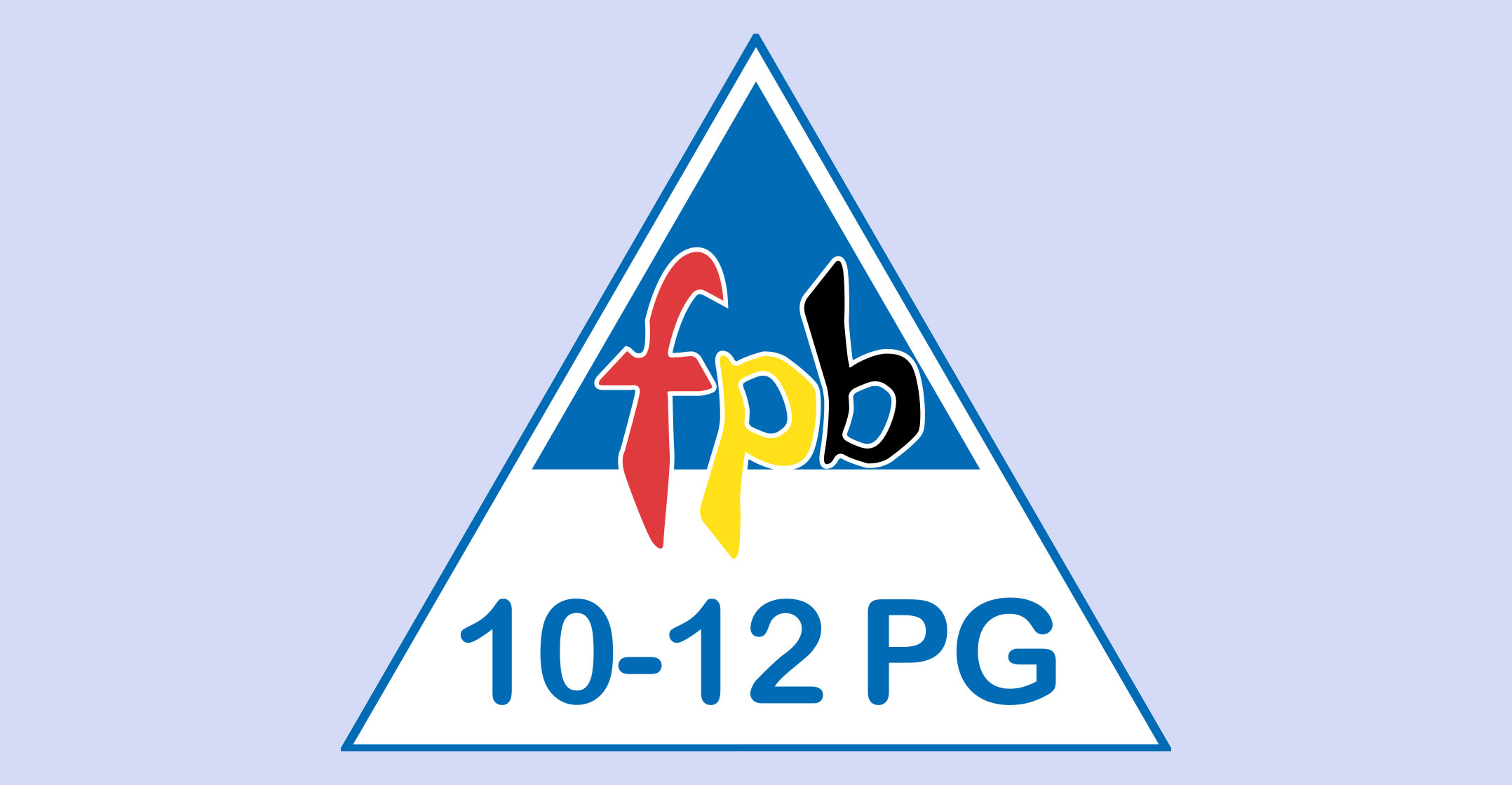
The draft films and publications amendment regulations, which were recently published for public comment, have significant implications for online distributors in their current form. The regulations apply to the sale, hiring and streaming of content on various digital platforms in South Africa.
The Films and Publications Act (FPA) provides for, among other things, the classification of certain films, games and publications, as well as overseeing the establishment of the Film and Publication Board (FPB) to administer the classification process and other matters. Following the growth in electronic communications, social media platforms and the availability of digital content, it was deemed necessary to extend the operations of the FPA to cater for the creation, possession, production and distribution of online content.
As a result, the Films and Publications Amendment Act of 2019 was passed by parliament and, although already signed by the president, it will only come into operation on a future date that is still to be determined. The amendment act was heavily criticised as it made its way through the legislative process. Termed the “Internet censorship bill” in the context of the FPB’s attempt to regulate “harmful content”, commentators argued it was in contravention of the right to freedom of expression, as provided for in South Africa’s constitution.
The amendment act’s regulations now clarify some of these aspects and will replace the existing regulations.
Registration requirements
In terms of the amendment act and the regulations, all online distributors will be required to register with, and submit all content to, the FPB for classification. Alternatively, online distributors will have to apply to the FPB’s council for self-classification accreditation or for approval to use the classification ratings issued by a foreign or international classification authority.
This is a substantial move away from the existing provisions of the FPA, in terms of which the classification of films and games only applies to the activities of selling, hiring out or offering or keeping such content for sale or hire.
The requirement to register and obtain a classification for all content made available online by online distributors is cumbersome, administratively burdensome and out of step with international approaches to the regulation of content on global platforms.
The regulations detail the administrative framework applicable to the registration of distributors and exhibitors of films (including television series) and games in South Africa. While provision for the payment of a prescribed fee is indicated, it is unfortunate that the proposed fees for such applications were not published.
Of particular concern is clause 2.3.3 of the regulations, which provides that when the FPB issues a registration certificate, it can impose any conditions it considers necessary for the better achievement of the objects and purposes of the amendment act. This is far-reaching and there is concern around the broad discretionary powers that the FPB has claimed when issuing registration certificates, and the possible detrimental effects this could have on online content and streaming services.

Self-classification
Under the amendment act and the regulations, the requirements for self-classification will be very difficult when providing content on a global basis, and content providers will have to ensure that all South African content is classified in line with the FPB’s classification guidelines.
This is out of step with international approaches to the classification of content on global platforms, where the platform owner is given full autonomy over its self-classification decisions, provided that robust codes and procedures are in place for dealing with content not deserving of constitutional protection.
The regulations provide further details on how content providers should apply to the FPB to obtain a permit for self-classification. There are numerous administrative requirements that would need to be fulfilled, including that the FPB be provided with a monthly product list of all films that are made available “for sale or hire through the online medium”. This requirement goes well beyond what is provided for in the amendment act and will be applicable to all films and games which are sold or rented on online platforms.
In the case of “XX” or “X18” films, the classifications for these films must first be published in the Government Gazette, which may present further delays in making such content available.
Further, until a permit has been approved by the FPB for self-classification, content providers will be required to submit all films and games to the FPB for pre-distribution classification.
Accredited foreign or international classification systems
A new development under the amendment act and the regulations is that they allow for accredited foreign or international classification systems to be approved by the FPB’s council. The regulations repeat the provisions in the amended act, which are applicable to the use of accredited foreign or international classification systems by requiring that the FPB be granted access to the applicant’s online services for compliance, monitoring and auditing purposes. It is also a requirement that the applicant demonstrates to the FPB how the foreign or international ratings are aligned to the applicable ratings in terms of the FPAA, the regulations and the FPB classification guidelines.
Although the introduction of a foreign or international classification system under the amendment act should be welcomed, there is concern that it will be impractical and difficult to use the proposed system as content providers will still have to comply with the FPB’s classification requirements.
 Submission of online content for classification
Submission of online content for classification
Clause 16 of the regulations provides that any entity that is not a member of the Press Council of South Africa, or an advertisement that does not fall under the jurisdiction of the Advertising Standards Authority of South Africa, but has been issued with a registration certificate by the FPB as a distributor of content and who wishes to distribute any publication, film or game online must, unless already classified by the FPB, submit such for classification.
A publication is widely defined in the FPA and includes newspapers, books or any other printed matter. The definition of a publication is further widened in the amendment act to include any content made available using the Internet, excluding a film or game. The effect is that all advertisements and any other published matter, which is made available online, will have to be submitted to the FPB for classification.
This is an untenable position and one which also strays far from the provisions of the FPA itself. The FPB requires that only publications that contain depictions of sexual conduct, advocate propaganda for war, incite violence or advocate hatred based on any identifiable group characteristic and that constitutes incitement to cause harm, must be submitted to the FPB for classification.
Registration as an ISP
The regulations introduce a new definition for an “Internet service provider” which is not in alignment with the provisions of the FPA. The new definition is wider, with the result that Internet-based companies will be required to register with the FPB as an ISP in addition to the burdensome administrative steps that need to be adhered to for the registration and classification of content.
Of further concern is that the regulations appear to require all persons who operate websites to register as ISPs. This provision is unjustifiably all-encompassing, onerous and has no basis considering that section 27A of the amendment act does not contemplate the registration of persons who host websites as ISPs.
 Potential constitutional issues
Potential constitutional issues
The regulations also raise numerous constitutional concerns, namely that the publication of the regulations is premature because the amendment act has not come into force and effect; and that a number of regulations go well beyond the powers granted to the minister. Further, certain of the regulations and procedures applicable to self-classification and the approval of accredited foreign or international classification systems are not aligned to the provisions in the amended act.
The regulations will not pass constitutional muster in many respects as they purport to define what is morally reprehensible or correct in some instances. Given their wide application, the regulations encroach on and frustrate the right to freedom of expression enshrined in the constitution.
Further administrative issues
In addition to the various administrative steps introduced in the regulations, the concept of renewing each registration licence and classification permit/accreditation on an annual basis is also introduced, which will inevitably result in increased administrative fees. The fees are not set out in the regulations and interested parties are therefore unable to determine the financial implications.
The regulations are also silent on existing agreements that the FPB has in place with various online content distributors, and it is unclear from the regulations how these existing agreements with online distributors will change.
In summary, the regulations are out of sync with the commercial realities of online content distribution and impose extensive administrative and cumbersome obligations on online distributors.
- Janet MacKenzie is partner and head of the technology, media & telecommunications practice at Baker McKenzie Johannesburg and Reinhardt Biermann is an associate

